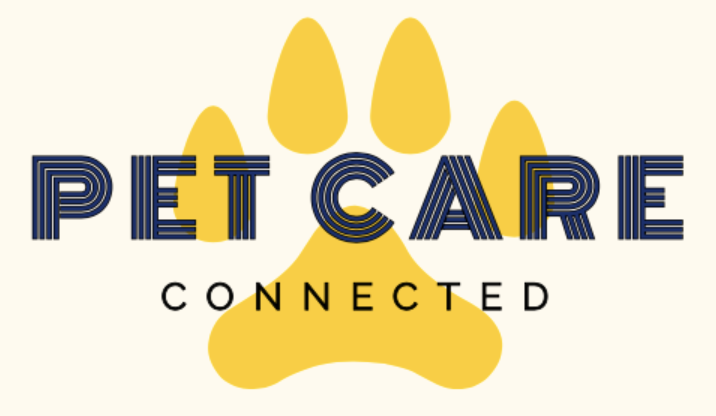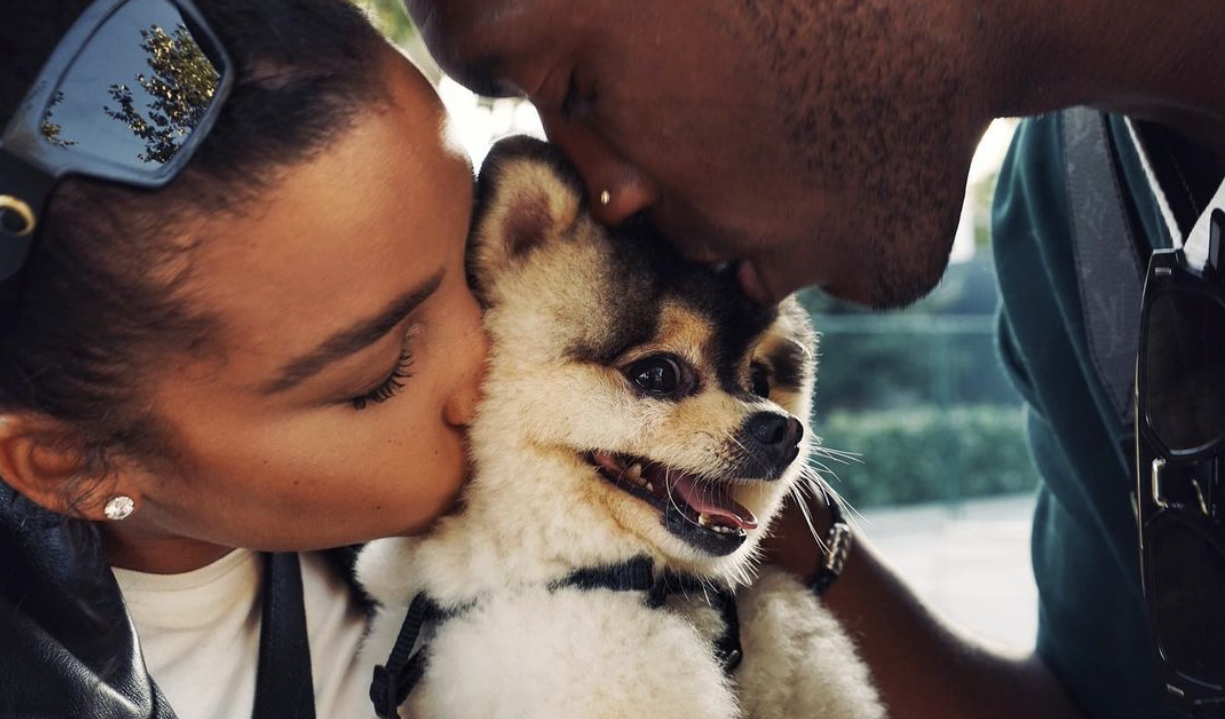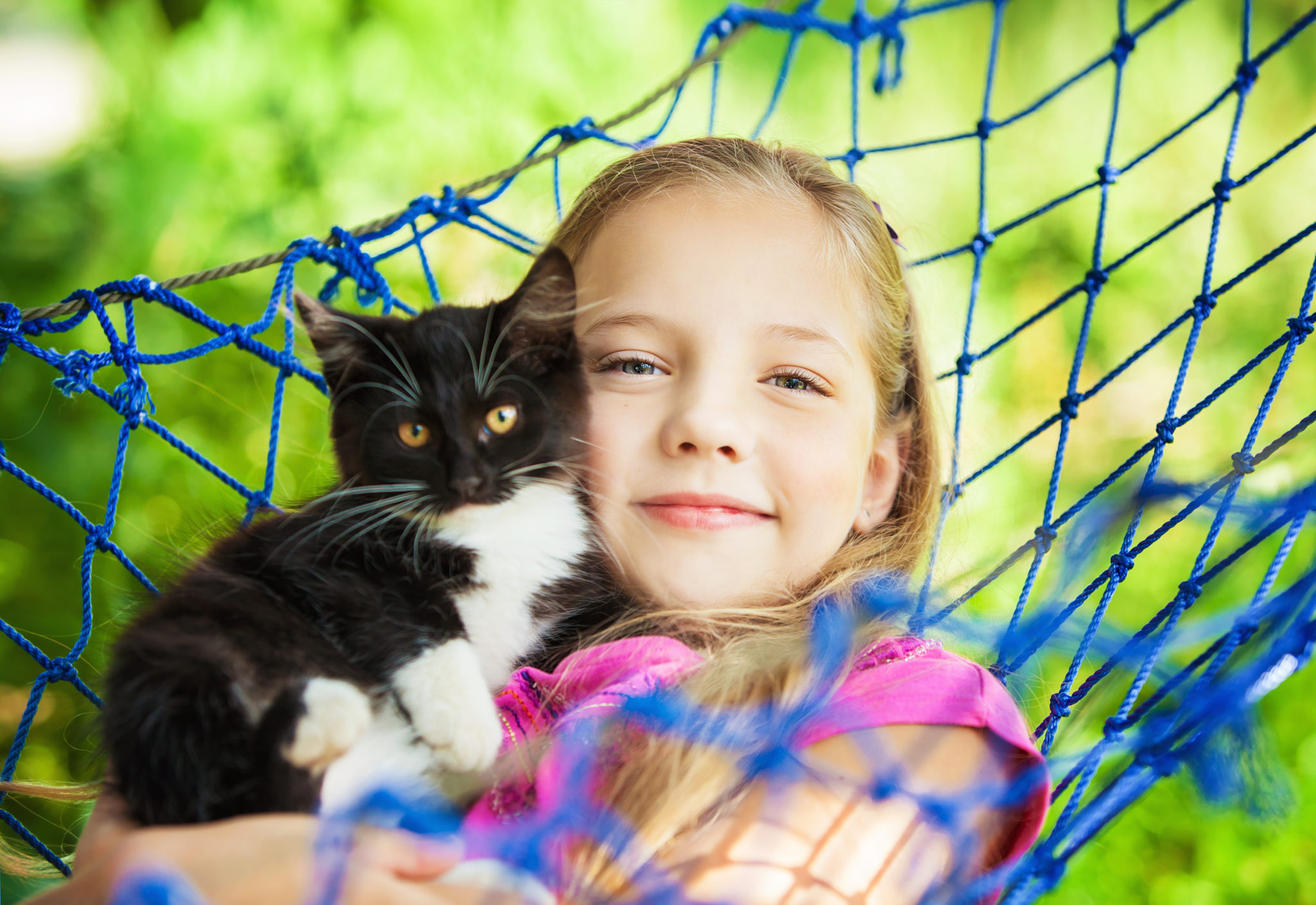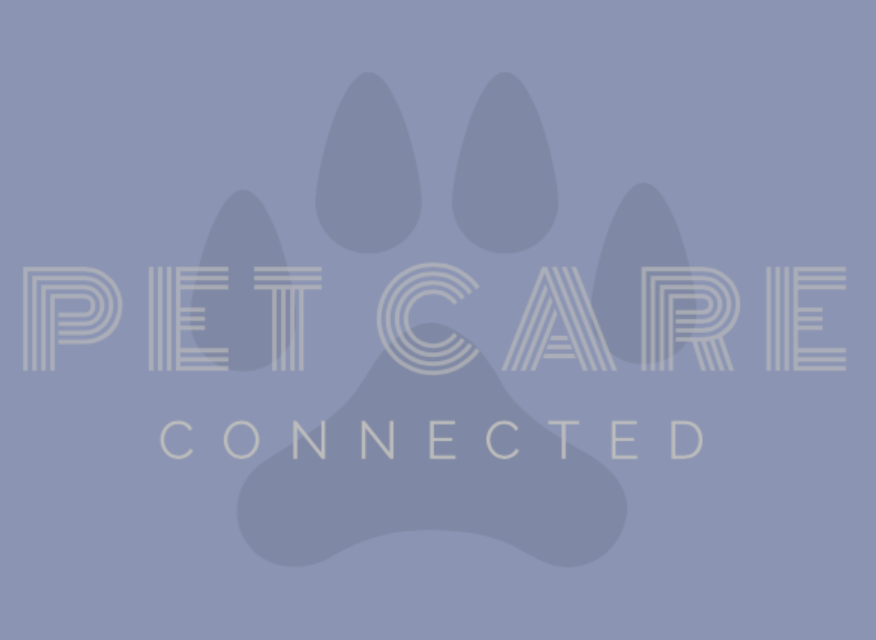Have you ever wondered why your dog eats grass? Or how about why dogs sniff each other’s butts? In this article, we’ll explore some common yet unusual canine behaviors to help you better understand why your dogs do the things they do.
Why does my dog drag his butt on the ground?
Short answer: His anal glands are probably full.
The main reason that dogs drag, or “scoot,” their rear ends on the ground has to do with their anal glands.
Dogs all possess a gland on either side of the anus that naturally accumulate odorous material. Normally, these glands are involuntarily expressed when your dog defecates. However, the anal glands occasionally become too full, resulting in discomfort. When this happens, dogs tend to scoot their rear ends on the ground.
Usually, having the anal glands manually expressed will alleviate the scooting behavior. Most groomers and veterinary offices offer this simple service. However, sometimes the glands become impacted or infected, in which case more involved treatment may be necessary.
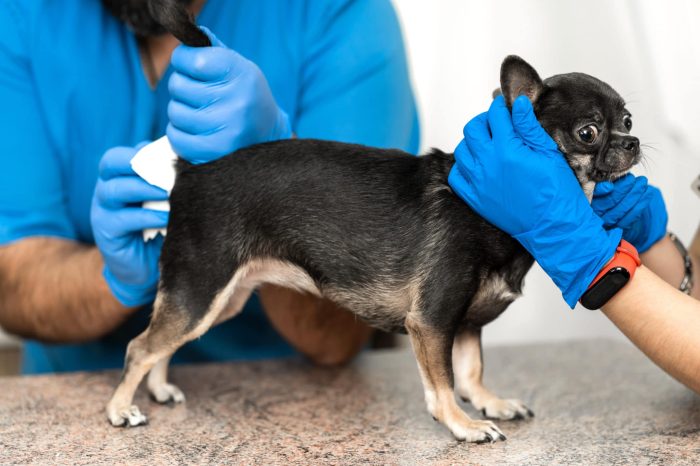
Why does my dog eat grass?
Short answer: Eating grass is simply an ancestral behavior ingrained in today's dogs.
Have you ever witnessed your dog eat a few blades of fresh, green grass? If so, you’re not alone. In fact, a 2008 study showed that nearly 70% of dogs eat grass on a weekly or even daily basis.
One common theory states that dogs eat grass due to a nutritional deficiency. However, the same study in 2008 found that dogs who were fed purely table scraps or other unbalanced diets were no more likely to eat grass than those fed well-balanced diets. In addition, with so much research that goes into creating high quality dog foods nowadays, the theory that dogs eat grass due to a nutritional deficiency is highly unlikely.
Another theory that exists states that dogs eat grass to make themselves throw up. However, studies have shown that less than 10% of dogs who eat grass show signs of illness beforehand, and less than one-quarter actually vomit afterward. As such, it seems as though vomiting after eating grass is largely incidental and not associated with illness as once believed.
So why do dogs eat grass? The answer likely lies in their ancestry. Years ago, the ancestors of today’s dogs would scavenge for food, eating anything they could find. This would likely include grass and other plants. In addition, an analysis of the stomach contents of wolves, from which dogs descended, found that nearly 50% of them eat grass.
So, it seems most plausible that our dogs today likely eat grass simply because it is a behavior ingrained in them from their wild ancestors.
Related article: Owners Beware – The 6 Deadliest Foods For Your Pets
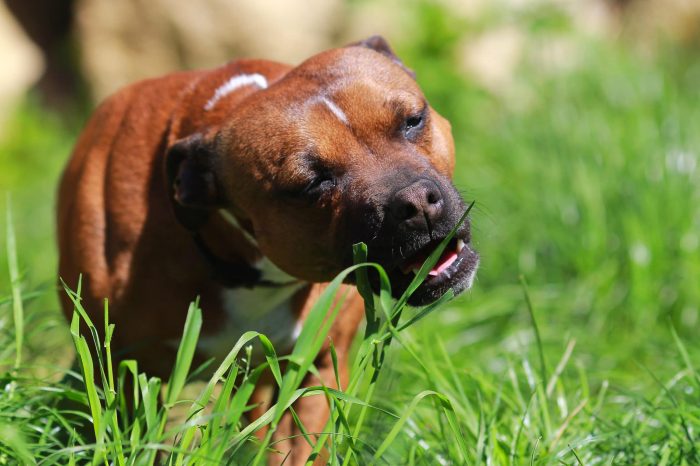
Why does my dog howl at night?
Short answer: Howling is another inherited behavior linked to communication.
Howling is an ancestral behavior used by animals to communicate with one another from long distances. Today’s wolves, coyotes, and dingoes are all known to howl, so it is no wonder that our closely-related domesticated dogs do too. It is thought that animals howl as a way to call out to members of their pack, claim their territory, or warn rivals of their presence.
Our pet dogs may also howl as an instinctual reaction to certain modern-day sounds such as sirens. In addition, it is thought that some dogs howl due to separation anxiety, with howling being their way of trying to locate the members of their pack.
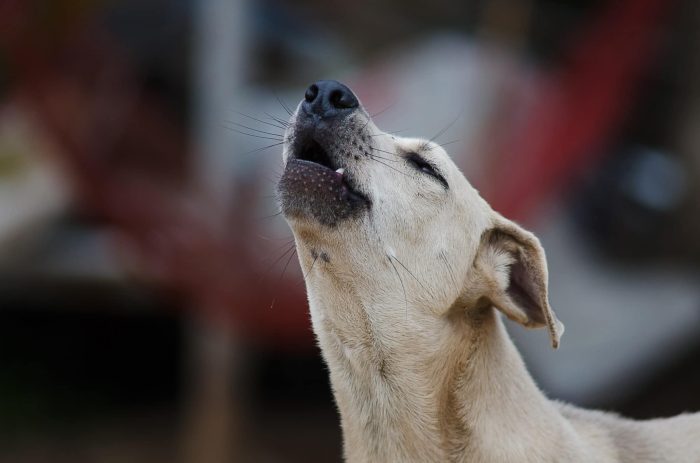
Why does my dog eat poop?
Short answer: The tendency to ingest feces is a behavior dogs possess to help keep their environment clean.
Similar to eating grass, many people hypothesize that dogs eat poop due to nutritional deficiencies. However, there is simply no evidence to support this idea.
Instead, a study in 2012 found that dogs most likely ingest feces due to a primal drive to keep their living area clean. Researchers from the University of California concluded that dogs most likely inherited this trait to rid their environment of harmful parasites. They came to this conclusion after finding that most dogs who eat poop only ingested stool that was less than two days old, and most intestinal parasites found in feces become infective after two days.
As gross as this behavior is, there is something you can do about it! Simply pick up and dispose of your dog’s poop as soon as he or she has a bowel movement.
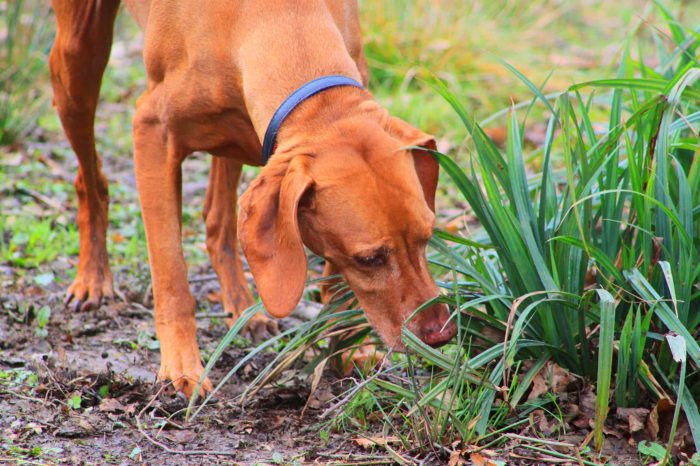
Why do dogs sniff each other's butts?
Short answer: Dogs sniff each other's rear ends to gain a vast array of information about one another.
A dog’s sense of smell is immensely powerful and highly sophisticated. It is estimated that dogs possess over 300 million olfactory receptors in their noses, compared to the mere six million that we do.
Dogs naturally emit chemical signals to the world via their reproductive organs and rectum. These biochemical cues are able to convey information such as gender, mood, and even an animal’s state of health. Similar to how we as people naturally assess things like body language, appearance, and tone of voice to get a sense of how someone is doing or feeling, dogs do the same by sniffing each other’s rear ends.
Simply put, the rear end of a dog provides them with all the information they need to know about one another.
Related article: Dog Parks — The Pros And Cons You Need To Know
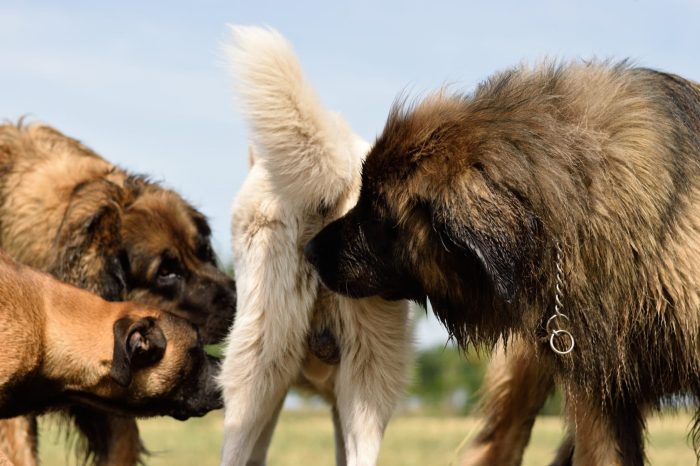
Why does my dog get "the zoomies?"
Short answer: Sudden hyperactivity, or "the zoomies," is a sign of extreme happiness in dogs.
Have you ever come home only to be greeted by your dog running frantically back and forth from one end of the room to the other? Good news! Commonly referred to as “the zoomies,” this behavior is a sign that your dog is extremely happy.
Simply put, dogs race around like this because sometimes they just can’t contain their excitement.
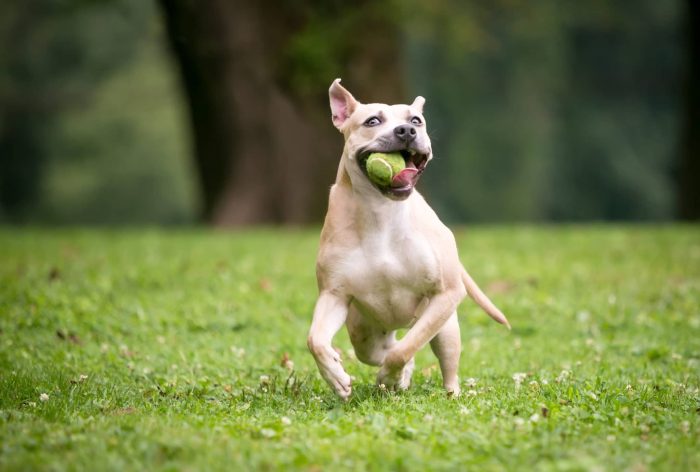
Why does my dog hump everything?
Short answer: Humping is yet another sign that your dog is very excited.
Dogs tend to mount or “hump” other dogs, people, and inanimate objects for a few simple reasons.
While young and intact dogs and may truly hump things due to being aroused, humping in most dogs is often just a sign of being very excited.
Dogs also tend to hump other dogs as a show of playful dominance. However, many dogs resent being mounted in this way and altercations can arise between dogs as a result. Thus, it’s often worthwhile to train your dog to minimize this behavior as much as possible to avoid unnecessary conflicts and injuries.
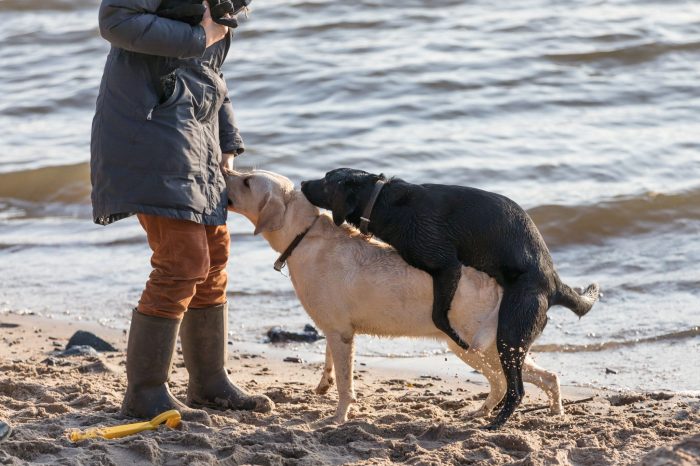
And there you have it! Mysteries solved.
We hope the information in this article has helped you to better understand some extremely common yet strange behaviors seen in dogs, and the reasons behind the things that they do.
